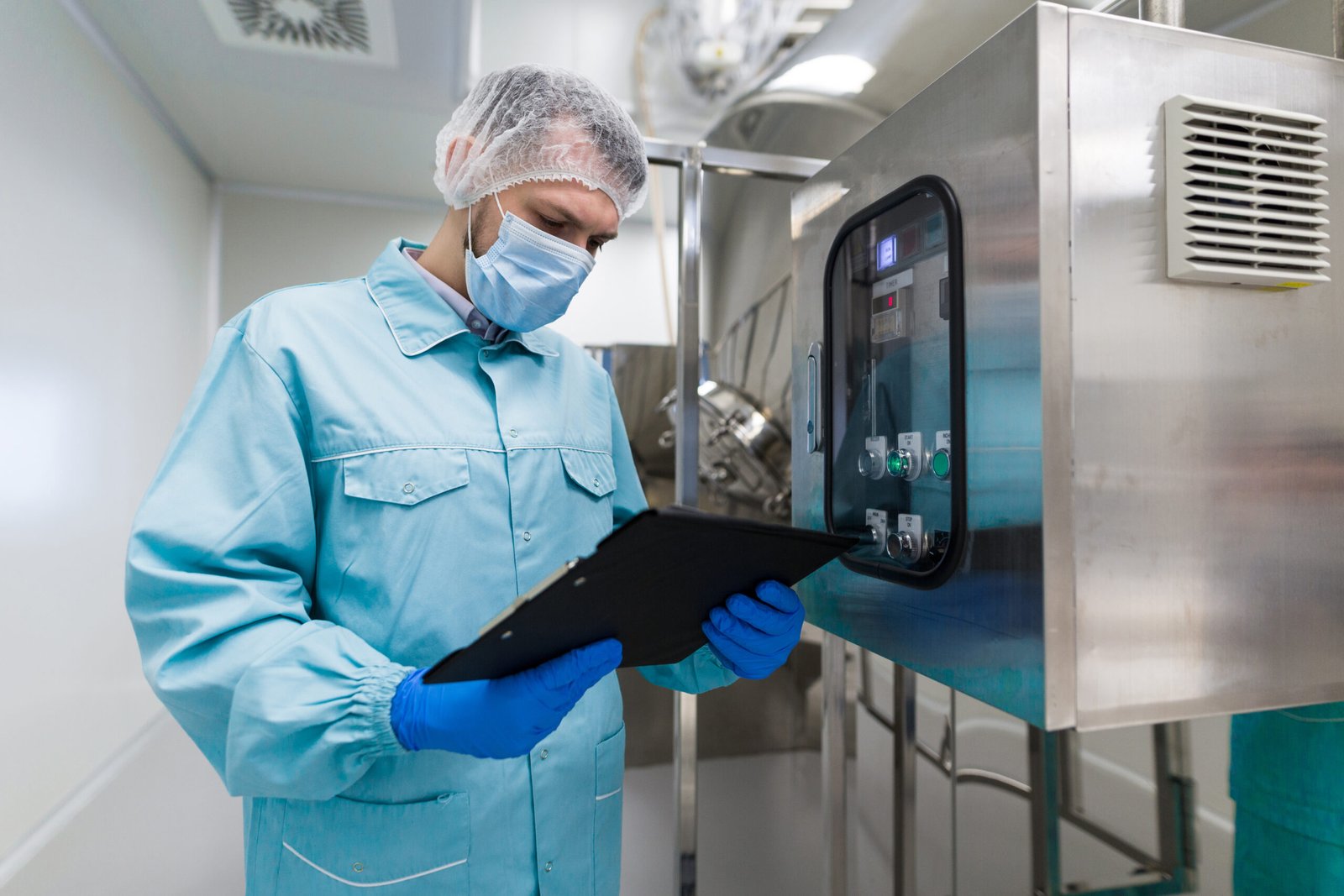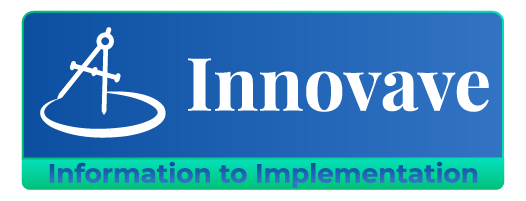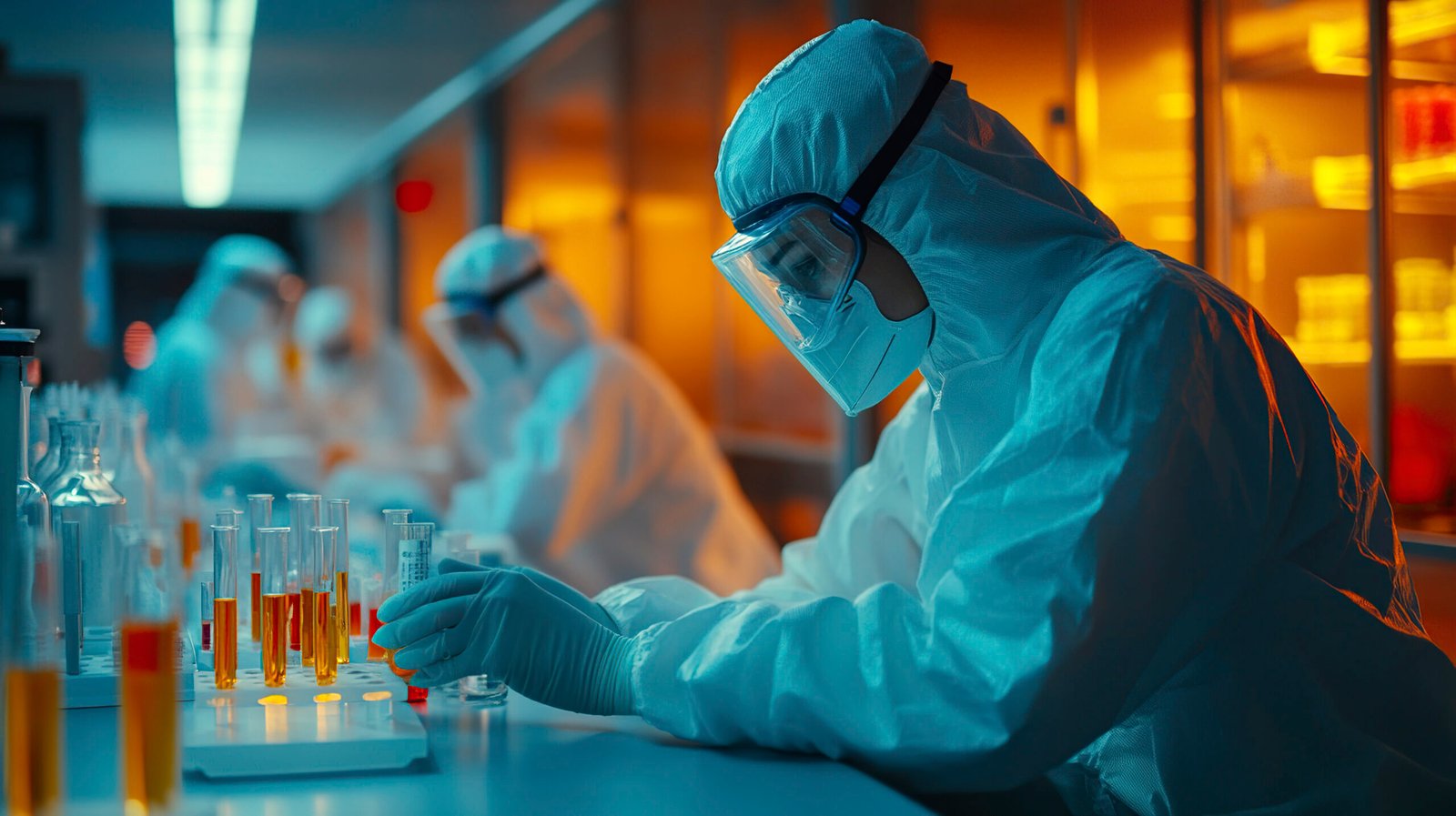A cleanroom audit is a detailed inspection of the cleanliness, functionality, and compliance of a cleanroom environment. The goal is to identify contamination risks, equipment failures, and regulatory non compliance that could lead to costly issues.

Cleanroom audits help prevent potential risks that can lead to contamination, equipment malfunctions, non compliance with regulations, and operational inefficiencies. Below are the main reasons why audits are critical,
1. Preventing Contamination 🧼
One of the most significant risks in a cleanroom is contamination. Even microscopic particles can affect product quality and safety. Regular audits help identify contamination risks by:
-
Monitoring particulate levels: Ensuring cleanliness is maintained within acceptable limits.
-
Checking HEPA filters: Ensuring filters are replaced or cleaned regularly to maintain optimal performance.
-
Inspecting cleaning procedures: Ensuring that cleaning protocols are consistently followed.
2. Ensuring Compliance with Regulations 📜
Cleanrooms in certain industries are required to comply with strict regulatory standards. Audits verify that your cleanroom meets all necessary compliance guidelines,
-
FDA regulations (for pharmaceuticals)
-
ISO standards (for electronics manufacturing)
Non-compliance can result in,
-
Fines or penalties
-
Production delays
-
Suspension of operations
3. Detecting Equipment Failures Early ⚙️
Equipment failure is a significant cause of costly errors in cleanrooms. Air filtration systems, laminar flow hoods, and environmental monitoring tools must be in peak condition. Audits detect early signs of:
-
Malfunctioning equipment: Identifying issues before they escalate into major failures.
-
Calibration problems: Ensuring instruments are calibrated properly for accurate readings.
-
Airflow or pressure issues: Identifying airflow or pressure imbalances that may lead to contamination.
4. Ensuring Process Consistency 🔄
Cleanroom processes need to be followed consistently to prevent human errors and operational inconsistencies. Audits ensure that,
-
Standard Operating Procedures (SOPs) are followed precisely.
-
Cleaning schedules are adhered to.
-
Personnel are following correct gowning protocols.
By ensuring that everything is in order, audits help avoid errors that could lead to defective products.
5. Improving Operational Efficiency ⚡
Cleanroom audits often highlight inefficiencies in operations that can be optimized to improve overall productivity and reduce waste. Regular audits provide opportunities for,
-
Upgrading outdated equipment: Replacing inefficient systems.
-
Streamlining cleaning procedures: Finding faster, more effective cleaning methods.
-
Improving workflows: Identifying bottlenecks or areas for optimization.
6. Protecting Your Brand’s Reputation 💼
A reliable cleanroom is essential for maintaining a strong reputation in industries like pharmaceuticals, electronics, and biotechnology.
-
Provide evidence of compliance: Showing your commitment to high standards.
-
Enhance customer trust: Assuring clients that your products are of the highest quality and produced in a controlled, contamination free environment.
How Regular Audits Help You Save Money 💰
Not only do audits help improve the cleanliness and efficiency of your cleanroom, but they also help you avoid costly errors, such as,
-
Product recalls
-
Safety violations
-
Unplanned downtime
By investing in regular audits, you can prevent expensive issues from developing into major problems.
Conclusion
Regular cleanroom audits are more than just a routine inspection, they are a proactive measure to protect your business from costly errors. From preventing contamination to improving operational efficiency and ensuring regulatory compliance, audits are an essential part of maintaining a high performing cleanroom.
Don’t wait for an issue to arise implement regular cleanroom audits to safeguard your operations, products, and reputation.



